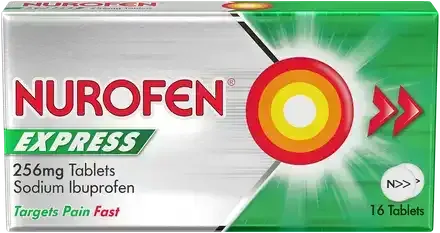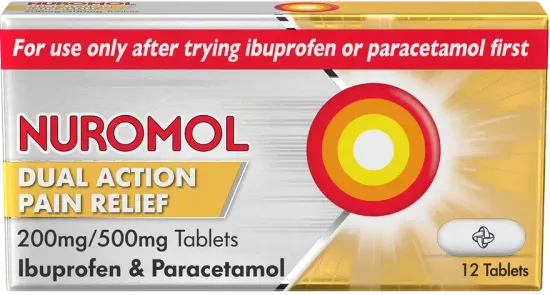Winter Medicine Cabinet Options for Children
Winter is just around the corner, and as the cold season settles in, so can the familiar sniffles, coughs, and fevers that can affect young children. There are available options for your winter medicine cabinet, helping you care for your child’s cold and flu symptoms comfortably at home.
Here are the options we'll cover in this guide:
- Aromatic vapour chest rub for children
- Medicines to help relieve symptoms
- Soft tissues for cold and flu
- Saline nasal spray for kids
Aromatic vapour chest rub for children
A gentle, chest rub for children can be a great way to help relieve a nighttime cough, ease congestion and help children breathe easier when they’re battling cold and flu symptoms.
Be sure to choose a chest rub that’s specifically formulated for children. Not recommended for children under 3 months of age (unless advised by your doctor). Keep away from open flames as this may contain flammable ingredients. Always read the label.
If you’re uncertain about which one to pick, check the label or ask your pharmacist for guidance.
Medicines to help relieve symptoms
Viral infections, like those causing colds and flu, are common in children, and most will not require medical treatment. But some medications – paracetamol or ibuprofen (such as Nurofen for Children) – can help ease their pain and fever symptoms and help them feel a bit more comfortable.
Children under 6 should not have over-the-counter cough and cold remedies, including decongestants, unless advised to by a healthcare professional. Some cold and flu medicines may contain paracetamol and/or ibuprofen. Always read the ingredients to make sure you don’t exceed the maximum daily limit.
Always read and follow the label for dosage instructions and contact a doctor or pharmacist if you are unsure.
Soft tissues for cold and flu
Soft tissues for cold and flu relief are useful during winter months, especially the extra-soft varieties infused with an emollient like lotion or aloe to soothe irritation around the nose.
Stock up on tissue boxes for rooms where kids spend time—such as bedrooms, bathrooms, and living areas—and keep travel packs handy in the car or in bags for on-the-go relief.
Saline nasal spray for kids
A saline nasal spray for kids provides a gentle, non-medicated way to help clear stuffy noses, which is especially helpful for infants and toddlers who haven’t yet learned to blow their nose.
Other Remedies Worth Considering
- Honey (only for children over 12 months): A small amount of honey can help soothe a sore throat.
- Throat Lozenges: For kids aged 6 and older, throat lozenges can offer relief from throat irritation.
When to Contact a Healthcare Provider
While these winter cold and flu remedies may help manage typical symptoms, consult a healthcare provider if symptoms worsen or don’t improve.
Seek medical advice if your child:
- Is less than three months old with a temperature of 38° or more
- Is three months or older with a fever of 39° or more
- Has breathing difficulties or is wheezing
- Has fewer wet nappies or nappies drier than usual
- Is taking less than half their usual amount when feeding
- Cold or flu symptoms lasting more than a few days and not improving
With these products for kids with cold symptoms in your winter medicine cabinet, you’ll be prepared to tackle the season and keep your child comfortable as they recover.
Colds and flu can’t always be avoided, but you can be well-prepared to help them feel better at home.
*This medicine may not be suitable for everyone. Always read the label and follow the directions for use. Incorrect use could be harmful. Consult your healthcare provider if symptoms persist or if you are worried about your child’s health.
This article is for general information only and not intended as a substitute for medical advice. All information presented on these web pages is not meant to diagnose or prescribe. In all health-related matters, always consult your healthcare professional.
RT-M-FUEUUa




